Hereditary Cardiovascular Risk Assessment is the Most Effective Way of Identifying At-Risk Individuals or Confirming a Diagnosis of Existing Cardiac Conditions. It Opens the Door for More Precise and Individualized Medical Management.
The cardiovascular system comprises of the heart and all the blood vessels that supply nutrients to all other organs. The heart is one of the most important organs in our body and is the first organ to develop at birth and works 24/7 until death.
HEART DISEASE RISK FACTORS
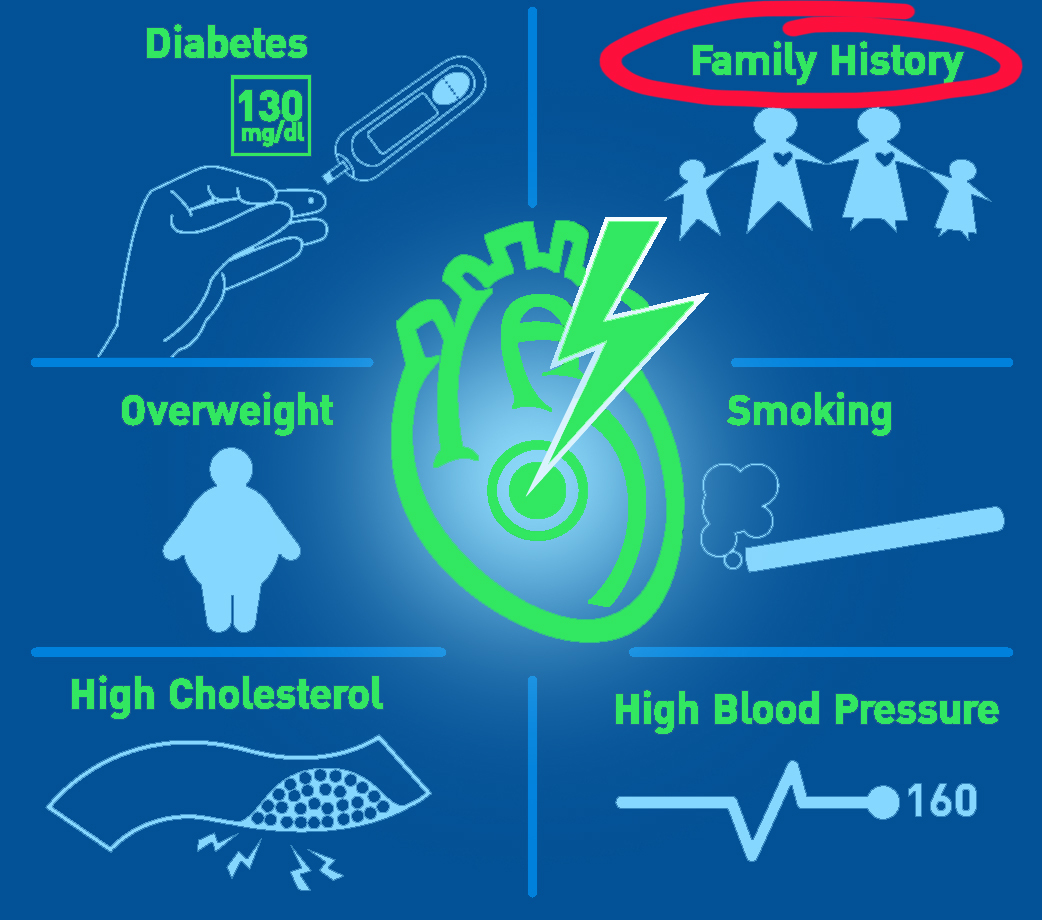
Cardiovascular death (Sudden Cardiac Arrest) is still the number one cause of death with 325,000 deaths per year in the US. This is why it is important to incorporate genetic testing into clinical practice today, simply because genetics play a very important role in determining the risk of cardiac diseases and that these diseases can run in the family. (Poor lipid metabolism and high plaque formation, for example, are genetic).
Assessing your genetic predisposition toward heart diseases will lead to better awareness, better planning, better treatment, and ultimately, a better health outcome. Regular health monitoring, proper exercise, and diet can cut down cardiac risk by 50%.

Our comprehensive inherited cardiovascular risk assessment panel focuses on latest advances in medical research in order to identify at-risk people or to determine which cardiac condition the patient is suffering from. It looks at 174 genes related to 19 genetic heart conditions:
Aortic Valve Disease
Marfan Syndrome
Loeys-Dietz Syndrome
Short QT Syndrome
Catecholaminergic Polymorphic
Ventricular Tachycardia (CPVT)
Familial Hypercholesterolemia
Restrictive Cardiomyopathy
Non-Compaction Cardiomyopathy
Noonan Syndrome
Arrhythmogenic Right Ventricular
Cardiomyopathy (ARVC)
Brugada Syndrome
Structural Heart Disease
Long QT Syndrome
Familial Aortic Aneurysm
Familial Atrial Fibrillation
Hypertrophic Cardiomyopathy
Dilated Cardiomyopathy
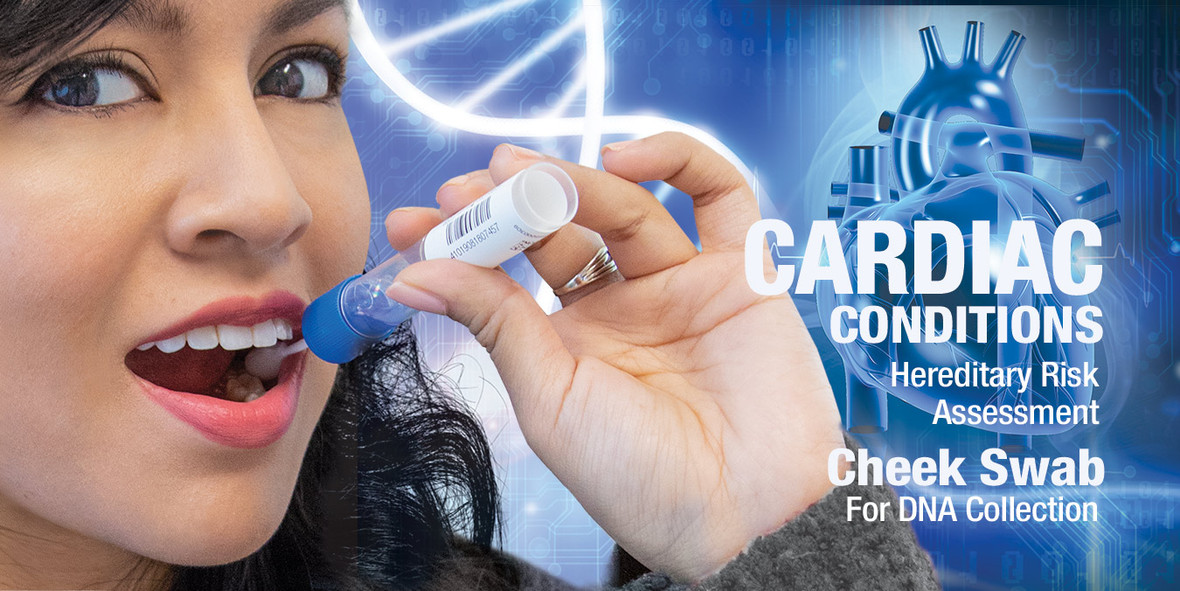

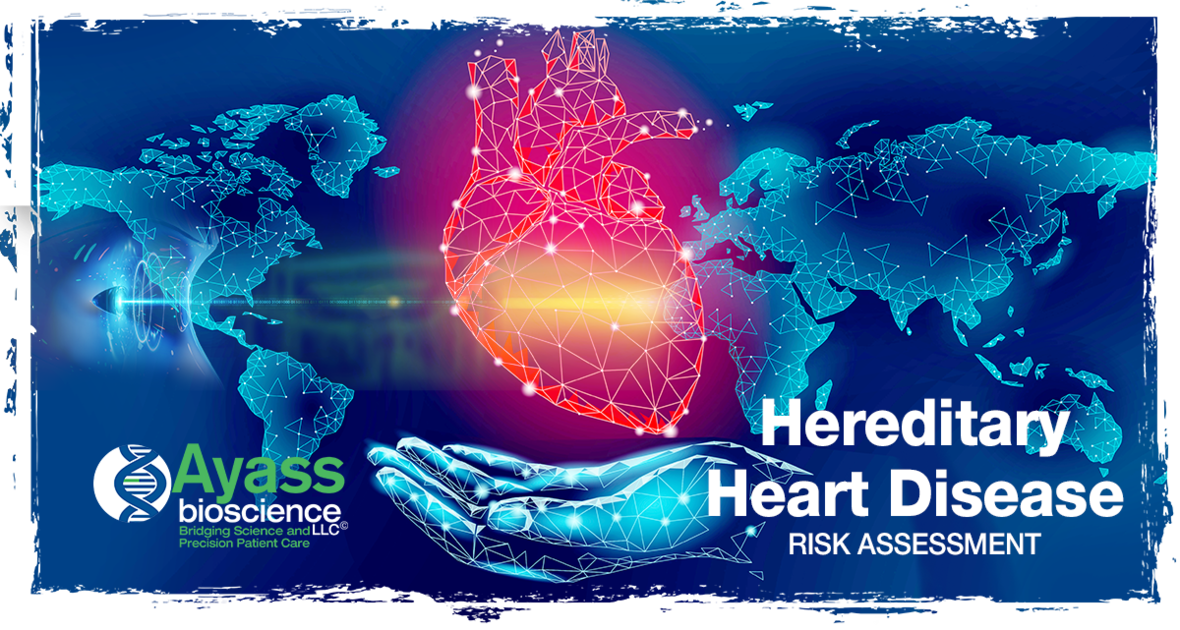
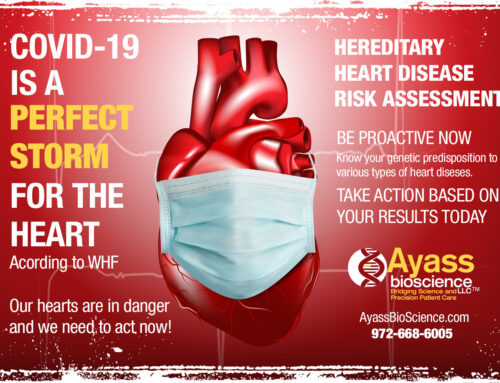
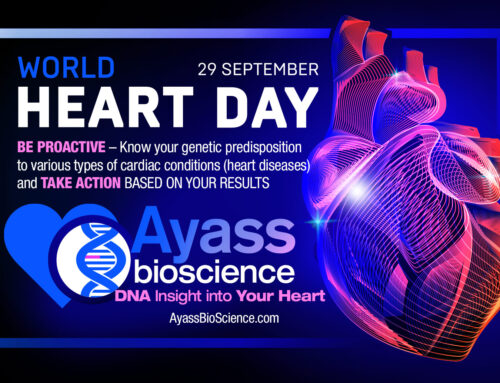

Leave A Comment